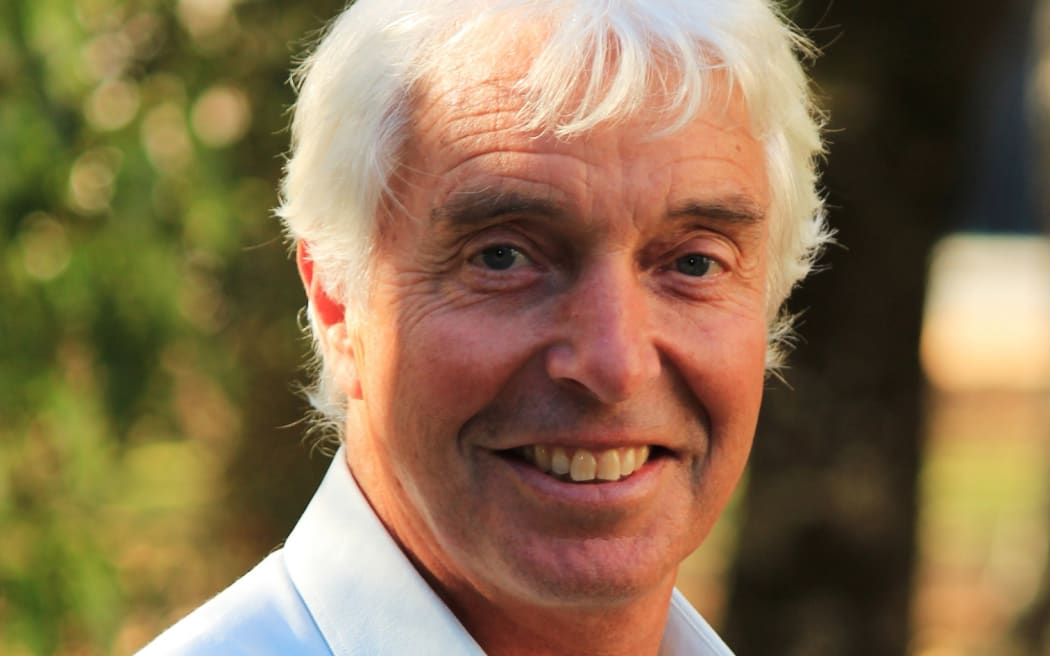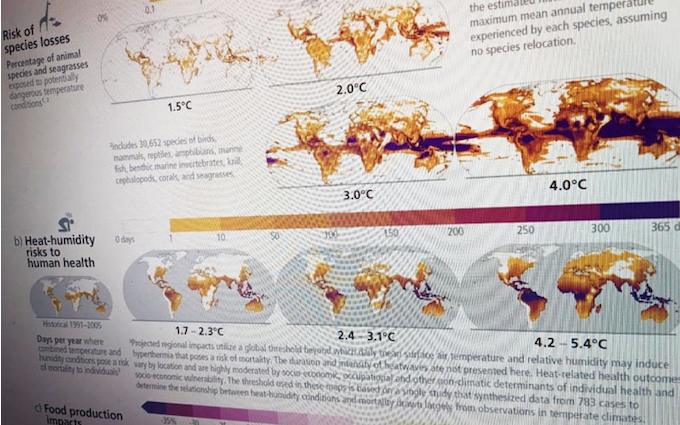By Hamish Cardwell, RNZ News senior journalist
There is “is much to win by trying” to take action on climate change — that is a key finding in a major new international climate report the UN chief is calling a “survival guide for humanity”.
It is something of a mic drop moment for the army of scientists who wrote it — the culmination of seven years’ work and three previous lengthy reports.
Thousands of scientific studies and nearly 8000 pages of findings have been boiled down in the latest UN Intergovernmental Panel on Climate Change report, released overnight.
- READ MORE: UN calls for rapid, ambitious action to tackle climate crisis
- IPCC report: world must cut emissions and urgently adapt to climate realities
- The AR6 Synthesis Report: Climate Change 2023
In a nutshell, it said huge changes were needed to stave off the worst climate predictions but it was not too late.
“This Synthesis Report underscores the urgency of taking more ambitious action & shows that, if we act now, we can still secure a liveable sustainable future for all.” – #IPCC Chair Hoesung Lee on the release of #IPCC’s Synthesis Report.
Read here 👉 https://t.co/zAMzd12lR7 pic.twitter.com/YcCqIHxuLJ
— IPCC (@IPCC_CH) March 20, 2023
Pacific Climate Warriors Te Whanganui-a-Tara coordinator Kalo Afeaki agrees there is no time for despair.
“My family live in Tonga, my father has an export business, my brother works with [him], his family depends on that livelihood,” he said.
“We do not have the luxury of being able to turn our backs on the climate crisis because we are living with it daily.”
The IPCC authors were optimistic significant change can happen fast — pointing to the massive falls in the price of energy from the sun and wind.
New Zealand has seen a big increase in the number of renewable energy projects in the works.
University of Otago senior lecturer Dr Daniel Kingston said the world had the tools it needed to reduce emission.
“We can still do something about this problem, and every small change that we make makes a difference and decreases the likelihood of major, abrupt, irreversible changes in the climate system.”
Those impacts need to be avoided at all costs — there are tipping points after which comes staggering sea level rise, storms and heat waves that could imperil swathes of humanity.
No country too small
Aotearoa New Zealand has an important role to play. It is one of the largest emitters per capita in the OECD, and its emissions, combined with the other smaller countries, adds up to about two-thirds of the world’s total.
New Zealand’s gross emission peaked in 2005 and have essentially plateaued, while other countries, including the UK and US, have actually made reductions.
Dr Kingston said Aotearoa finally had comprehensive emissions reduction plans on the books.
“Now’s the time to be doubling-down on our climate change policies, not pressing pause or scaling them back in any way.”
Action would never be cheaper than it was now, and not making enough cuts would be far more expensive in the long run.
Humans at fault
Meanwhile, the reports showed human activities had unequivocally caused global surface temperatures to rise: No ifs, no buts.
Massey University emeritus professor of sustainable energy and climate mitigation Ralph Sims said emissions needed to be slashed in the cities and the countryside alike.
Without a doubt farmers needed to cut methane emissions, but people also needed to eat less meat, he said.

Professor Sims said cities had a huge role to play.
“Design the cities around… public transport. [Putting] it onto the cities to plan for a more viable future means that local people can get involved locally.”
Afeaki said some Pacific nations would not survive unless the world got real about cutting emissions.
“When people are feeling disheartened they really need to understand the humans on the other side of this crisis,” he said.
“It is easy to be deterred by numbers, by the science, which isn’t always positive, but you have to also remember that this is happening to someone.”
Afeaki said Pacific communities’ experience living with climate change meant they should be given lead roles in coming up with solutions.
The IPCC scientists have now done their part, there likely will not be another report like this until the end of the decade. It is now time for the government, and for everybody, to act.
This article is republished under a community partnership agreement with RNZ.












































